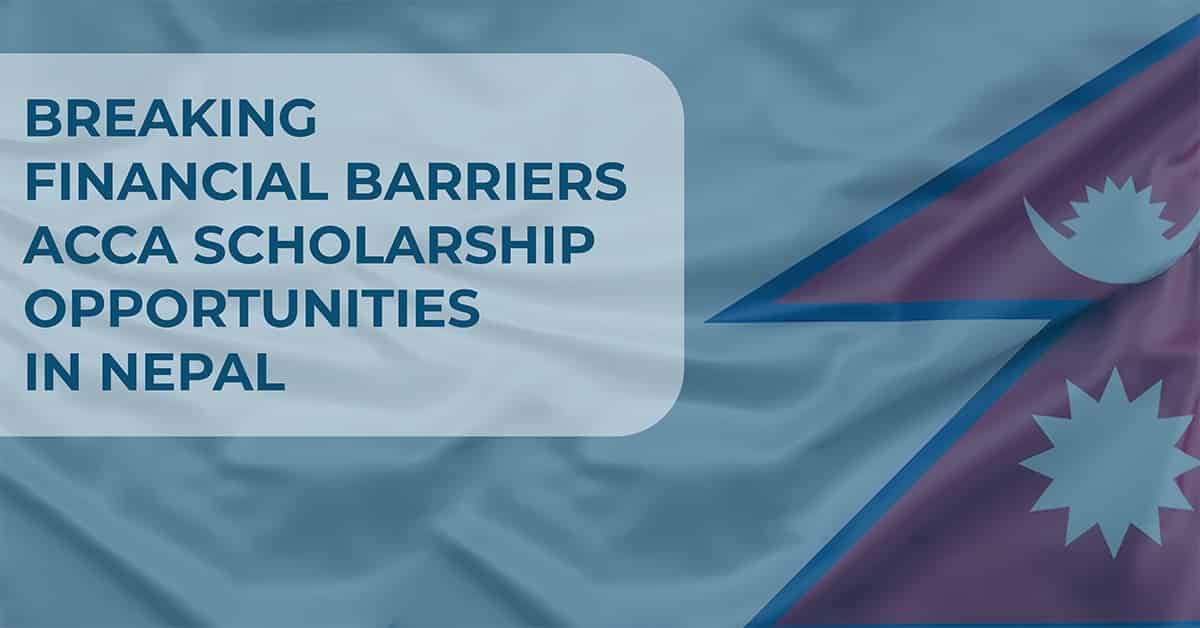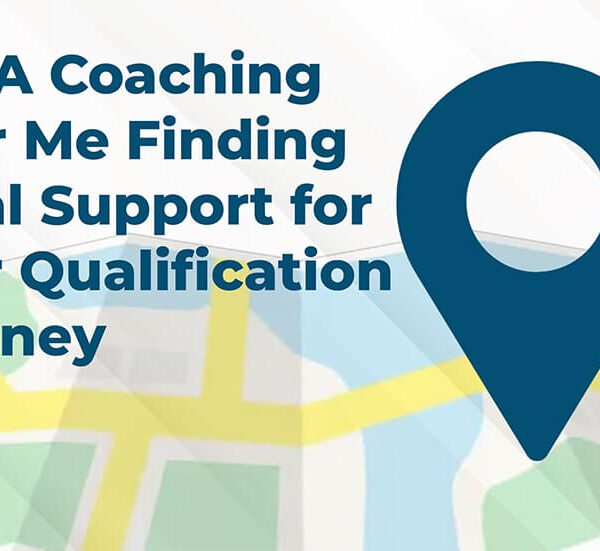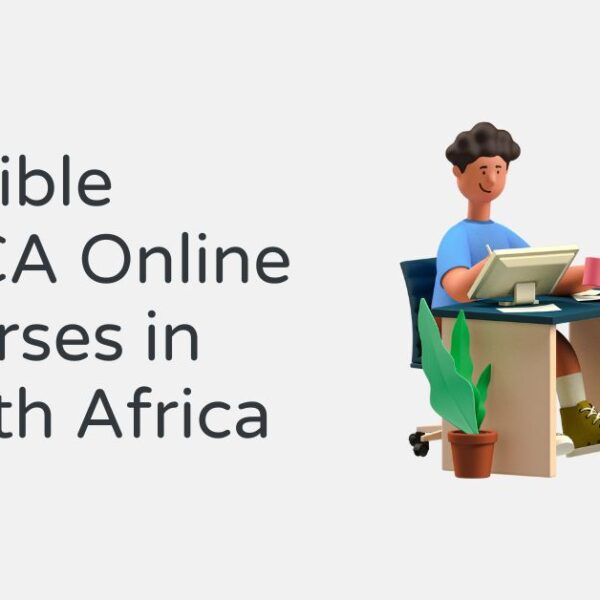Pursuing an ACCA qualification in Nepal represents a significant investment in your future, but the associated costs can be challenging for many aspiring accountants. Understanding the available financial support options can make this prestigious qualification more accessible. This guide explores scholarships, payment plans, and economic strategies to help manage ACCA course fees in Nepal effectively.
Understanding the Financial Investment
The total cost of obtaining an ACCA qualification includes several components that students must plan for. Registration and annual subscription fees form the foundation of your financial commitment, covering your initial registration, yearly student status maintenance, and the mandatory Ethics and Professional Skills module.
Examination costs constitute another significant portion of your investment, with fees required for up to 13 exam papers (though some students may qualify for exemptions based on prior education). Both computer-based and paper-based examination options are available, with additional costs potentially arising from exam deferrals or retakes.
Study materials and support represent the third major cost category. This includes official ACCA-approved learning materials, revision courses, mock exams, and coaching from reputable ACCA colleges in Nepal. For most students, the complete ACCA journey represents an investment of between NPR 700,000 and NPR 1,000,000, depending on the study approach and exam success rate.
Official ACCA Scholarships
ACCA offers several global scholarship initiatives for Nepali students to apply for, which can help offset their educational expenses. The ACCA Accelerate Program establishes partnerships with select universities and colleges, offering exam fee waivers to high-performing students, reduced initial registration fees, and early access to ACCA resources and career events.
The ACCA Opportunity Scholarship is designed for students with financial need and academic potential. This program covers initial registration and first-exam fees through a competitive application process that requires demonstrating financial hardship alongside academic promise.
Female students can benefit from the Women in Finance Scholarship, which supports women entering accounting by covering registration and selected exam fees. This initiative aims to improve gender balance in financial leadership positions globally, including in Nepal.
Accessing these global scholarships typically requires evidence of academic excellence, a personal statement articulating career goals, documentation of financial need, and letters of reference from educational institutions. Successful applications demonstrate both merit and genuine financial necessity.
Nepal-Specific Financial Aid Options
Many ACCA colleges in Nepal offer institution-specific scholarships to make education more accessible. Merit-based scholarships reward top performers in entrance exams with partial tuition coverage or discounted rates. These scholarships are often renewable based on continued academic excellence throughout your studies.
Need-based financial aid programs assess a family’s financial situation to provide appropriate support. These may include flexible payment plans, instalment options, and work-study arrangements at the institution. Early registration discounts offer reduced fees for students who enrol before specific deadlines and package deals covering multiple exam levels.
Corporate sponsorships represent another valuable funding avenue in Nepal. Some organisations offer employee education benefits through employer-sponsored ACCA programs, providing full or partial reimbursement of course fees, study leave arrangements, and performance-based incentives for passing exams. Corporate partnerships between employers and ACCA providers may offer special arrangements with group rates for corporate-sponsored students and combined work-study programs.
Strategic Financial Planning for ACCA Students
Adopting a staged investment strategy allows students to manage costs more effectively by paying for one exam level at a time and budgeting for 2-3 papers per semester rather than all at once. This approach helps balance work and study commitments to finance ongoing expenses while steadily progressing toward qualification.
Many students pursue income-generating options during their studies, such as part-time accounting positions in small firms, bookkeeping freelance work, teaching assistant roles at colleges, or financial administration internships. These positions provide income to support their studies and build valuable experience that enhances their resumes.
Cost-reduction strategies can significantly decrease your overall investment. Forming study groups to share resources, accessing free ACCA webinars and online materials, utilising library facilities at your institution, and considering second-hand study materials where appropriate, all contribute to lowering expenses. Developing an effective exam strategy—preparing thoroughly to minimise retake costs, scheduling exams strategically to allow adequate preparation, and focusing on one level at a time optimises your financial resources.
Success Tips for Scholarship Applications
Maximising your chances for scholarship approval requires careful preparation. Maintain excellent academic records and references throughout your educational journey. Participate in extracurricular activities demonstrating leadership potential, volunteer with financial or community organisations, and develop a compelling personal narrative about your career goals and how the ACCA qualification fits into your professional development plan.
Effective application timeline management is equally important. Research application deadlines well in advance, prepare documentation throughout your academic career, request recommendation letters from professors and employers early, and follow up appropriately on submitted applications. Attention to detail in these processes can significantly increase your chances of securing financial support.
Alternative Educational Funding Options
In partnership with institutions like ACCA, several Nepali banks offer education loans designed for professional qualifications. These typically require a guarantor or collateral but feature competitive interest rates for educational purposes and flexible repayment terms that begin after qualification completion. This option enables you to invest in your future while deferring the financial burden until you start earning a professional salary.
The Nepali government also offers professional development scholarships through the Ministry of Education. These include district-specific opportunities for underrepresented students and special programs for students from remote areas. While competition for these opportunities is intense, they can provide substantial financial relief for qualifying students.
Selecting the Right ACCA College
Your choice of institution can significantly impact your financial investment in the ACCA qualification. Consider value factors such as pass rates, teaching quality metrics, additional services included in the fees, job placement assistance, and the strength of the alumni network. A slightly higher upfront cost may represent better value if it leads to faster qualification and stronger employment prospects.
Comparison shopping among providers is essential. Request detailed fee structures from multiple institutions, consider the total cost, including materials and extra support, evaluate each college’s flexible payment options, and assess scholarship opportunities at different institutions. This research helps ensure you make the most cost-effective choice for your ACCA education.
Conclusion: Making ACCA Affordable
While pursuing ACCA certification represents a substantial investment, strategic financial planning and awareness of available support can make it accessible for motivated students. The key is approaching the qualification as a progressive journey rather than a single financial hurdle.
Remember that the ACCA course fees in Nepal should be viewed as an investment in your future earning potential. With ACCA-qualified professionals commanding premium salaries in the job market, the return on investment typically justifies the initial costs for committed students.
By combining official scholarships, institutional aid, careful planning, and flexible study approaches, the financial challenge of ACCA qualification becomes manageable for students from diverse economic backgrounds.








